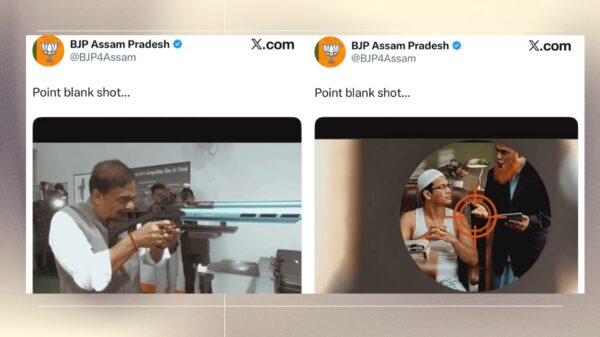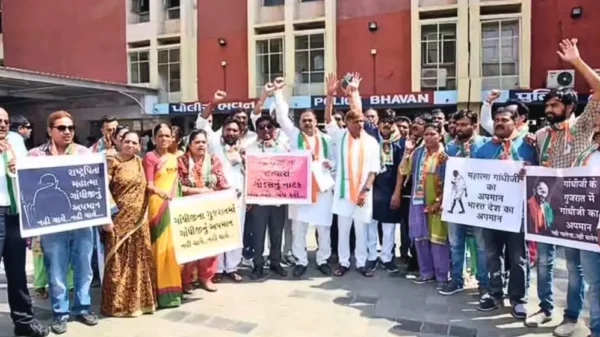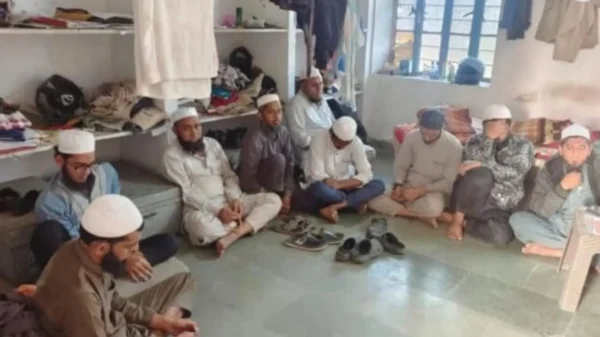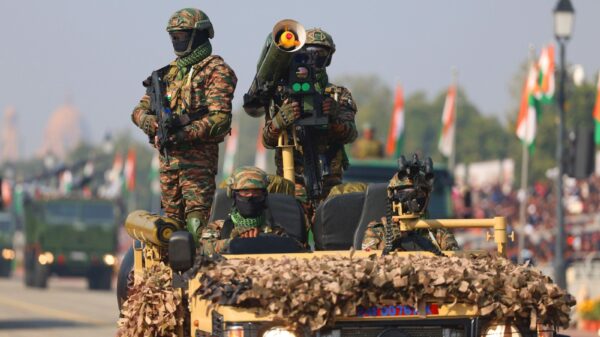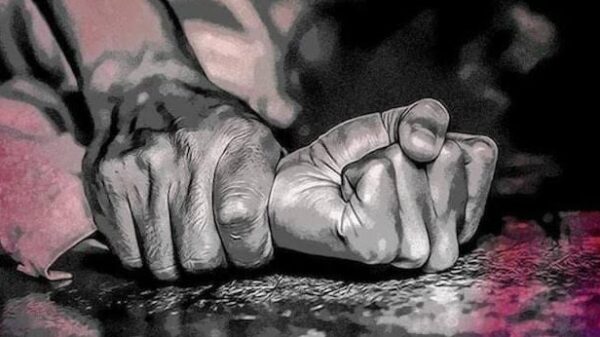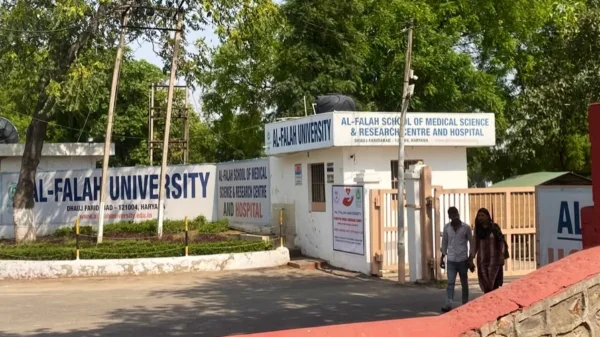A year after the Supreme Court stopped the Uttar Pradesh government from forcing shop and dhaba owners to display their names and religion along the Kanwar Yatra route, the state has found a new way to do the same—through technology.
This year, the Food Safety and Drug Administration has directed eateries along the pilgrimage route to put up boards showing their registered names along with QR codes.
On paper, these QR codes are meant to help customers give feedback or register complaints. But in reality, they also reveal the name—and thereby the religion—of the owner.
“Anyone can now scan the code and know who owns the place,” an official from the department admitted off the record. “Yes, the Supreme Court had stopped us from displaying names openly, but this is linked to registration. It’s not the same.”
But critics say it is the same—just disguised.
Last year, the Supreme Court had called out the Yogi Adityanath government for trying to force identity disclosures. The court had stayed a state order that made it mandatory for shops and dhabas along the Shaivite pilgrimage route to display their owner’s names. At the time, several Muslim traders had moved court, fearing violence and economic boycott.
And their fears were not unfounded.
Many Muslim-owned eateries with Hindu names were attacked during last year’s Kanwar Yatra. Hindutva groups accused them of trying to “fool” pilgrims. Videos circulated on social media showed mobs vandalizing stalls, shouting slogans, and urging Kanwariyas to boycott Muslim-run businesses.
Now, with the new QR system, rights activists fear a repeat of that violence—only this time, under a digital mask.
“This is a backdoor way to mark Muslims,” said a Lucknow-based lawyer who represented some of the petitioners last year. “It violates both the spirit and the letter of the Supreme Court’s order. The idea is still the same: identify, isolate, and intimidate.”
The month-long Kanwar Yatra, held every year during Shravan, sees lakhs of saffron-clad devotees walking to Haridwar to collect Ganga water. The route crisscrosses several districts, including Ghaziabad, Meerut, Muzaffarnagar, and Saharanpur—regions where communal tension often simmers just below the surface.
The Food Safety department says mobile vans will now patrol the route and reach eateries immediately if any complaints are received via the QR system.
But critics worry the system will be weaponized.
“A fake complaint could bring a mob to your door,” said a Muslim shopkeeper in Muzaffarnagar, who asked not to be named. “Last year they tried to make us write our names. Now they’ve put our names behind a code.”







